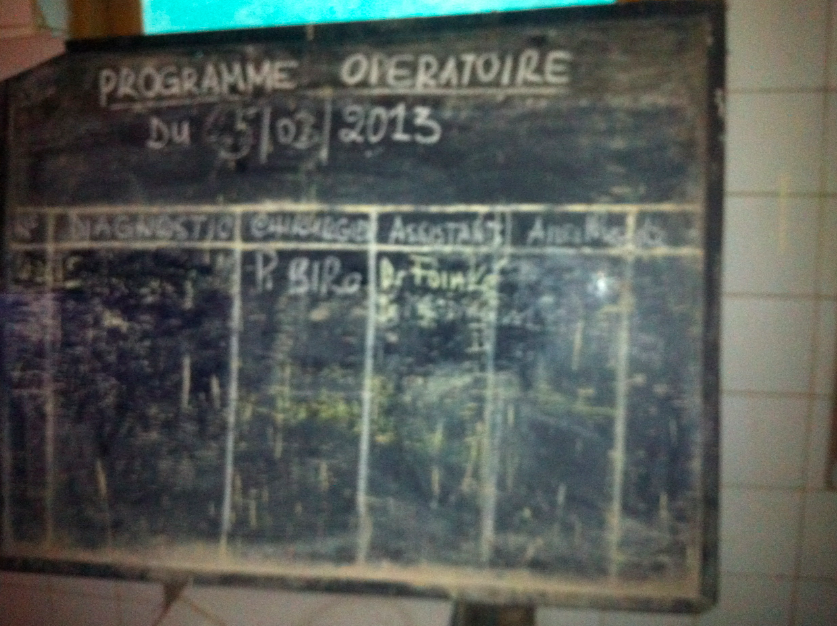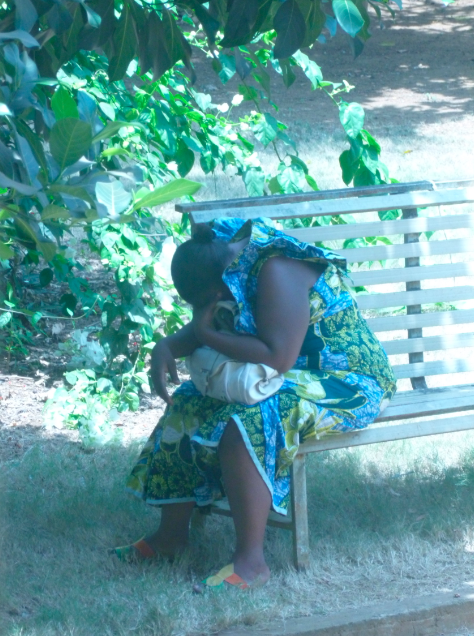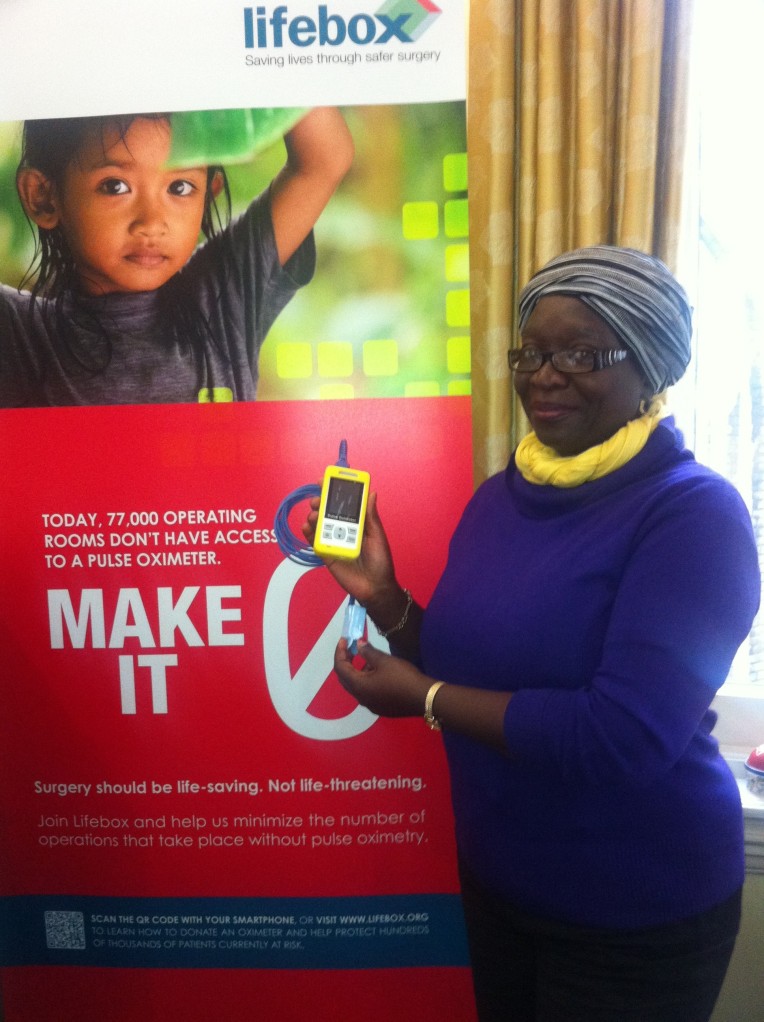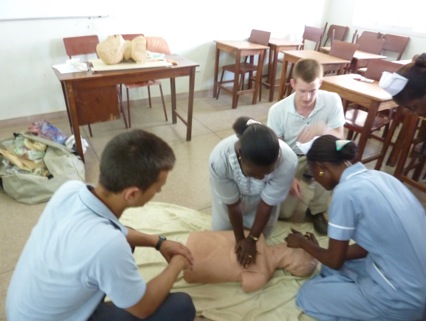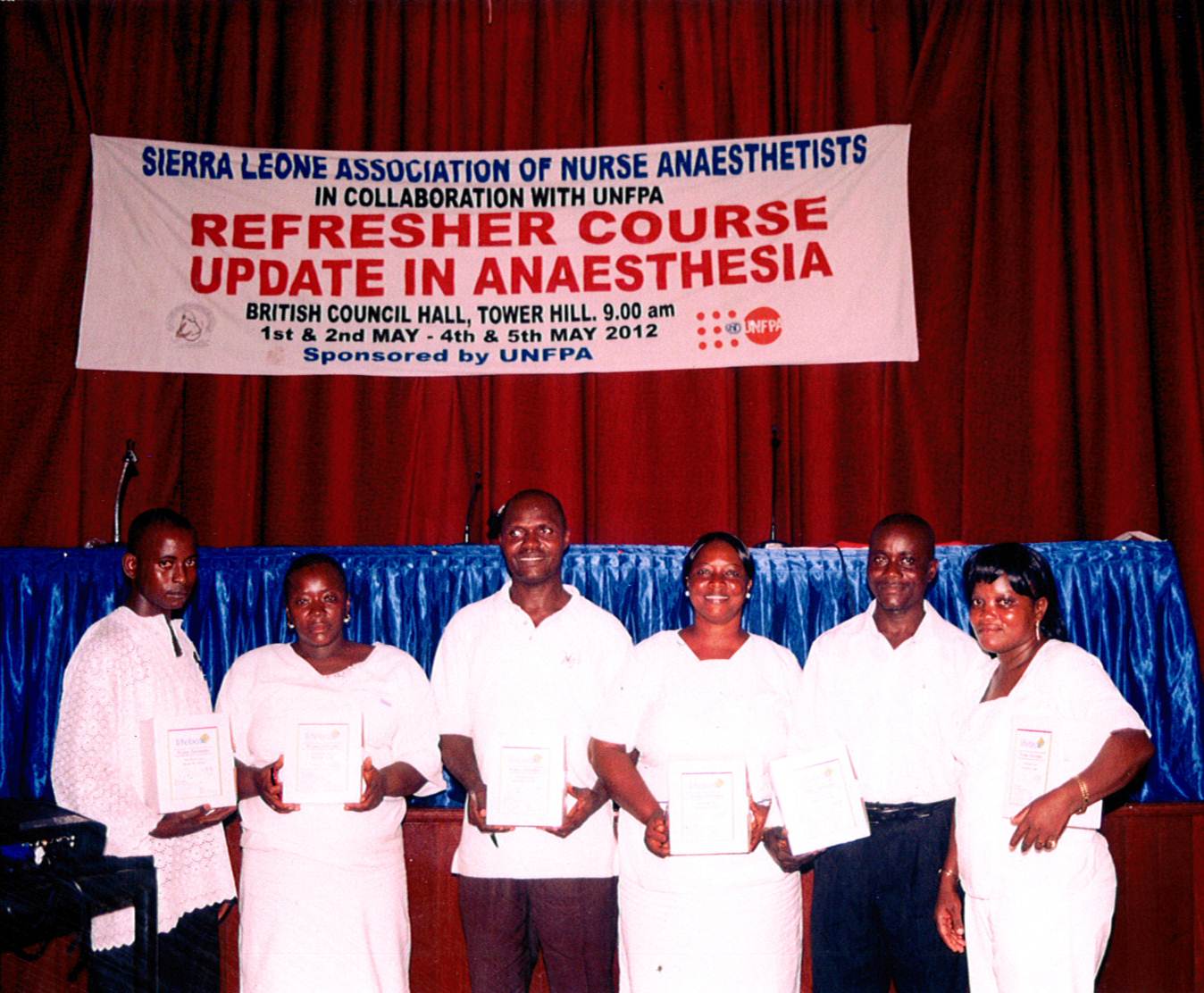Before and after
“To make people count, we first need to be able to count people,” said then WHO Director General Lee Jong-Wook in 2003/last week on the excellent Guardian Global Development Professionals Network.
If only ‘counting people’ was as easy as 1,2,3. Good data gathering takes planning, it takes money, and it takes time you really don’t have at a busy hospital in a low-resource setting country.
So it can be difficult to measure the impact of a programme, something programme people hate. It’s not about vanity – it’s fundamental to know that an intervention is happening in the right place, with the right people, and that it will be needed, wanted, effective. (Otherwise there’s a good chance that it is about vanity.)
[youtube=http://www.youtube.com/watch?v=380sy5_ZQzo&w=560&h=315]
That’s why data is so powerful. It’s easy enough to vaguely imagine that access to surgery in Sierra Leone, a country ranked 177 out of 187 on the UN Development Index is ‘bad’ – but how bad, exactly?
Specifics spur action like nothing else; after all, it wasn’t just a ‘pretty face’ that launched a thousand ships, it was one face in particular.
Thanks to a door-to-door study by Surgeons OverSeas (SOS) in Sierra Leone, we know that about 25% of the population has a surgical condition that needs attending, and 25% of deaths in the preceding year might have been averted by timely surgical care.
The study, explained one of the authors Dr Adam Kushner, is a first step toward mobilizing the World Health Organization, the U.S. government, foreign governments, and others in the global health community to address this dire need.
Now, you might remember Dr Eva Hanciles-Roberts, one of five medically-qualified anaesthetists in Sierra Leone, who came to visit us in the Lifebox London office last year, in dazzling colours that ignored the rain, and told us about the equipment issues – including high-tech monitors without batteries to make them switch on – she and her team faced.
That March, we worked with her to deliver training to the country’s 60 nurse anaesthetists at Connaught Hospital in Freetown. Eva helped us distribute enough pulse oximeters to ensure that there was one in every hospital.
But what difference did it make? Was the monitoring situation so very ‘bad’ before?
It so happens that in 2011, a British medical student called Hareth Bader flew out to Freetown to spend his elective placement exploring the level of intraoperative monitoring available at Connaught Hospital. He used the Lifebox logbooks to record operation type, anaesthesia used and availability of blood pressure and oximetry during operations.
“Appropriate monitoring of patients is compulsory during surgery and something we take for granted in the United Kingdom,” he told us later, echoing Eva. And the data.
Of the 46 operations he logged, 43% had no oximeter available, and 23% only intermittent availability – and this at the country’s teaching hospital, in the capital city.
“Surgery continues to be practiced with inadequate monitoring in Sierra Leone, with intraoperative complications such as cardiac arrests and poor early recognition of problems,” he wrote.
[youtube=http://www.youtube.com/watch?v=xNha62dw1GQ&w=420&h=315]
Hareth had taken a pulse oximeter, donated by the AAGBI, and after introduction he reported that 100% of the next round of operations he logged were being monitored with continuous pulse oximetry. (You can see the poster presentation from the AAGBI’s GAT Conference here.)
“If mortality is to improve, oximetry must be more readily available.”
A year down the line, and Eva, who is in regular contact with the anaesthesia providers she trained, can tell us what a difference more ready access to pulse oximetry and the Lifebox training workshop is making.
“Complex surgery is still referred to Freetown,” she told the British Medical Journal. “But nurse anaesthetists who work outside the capital report they now carry out their work with more confidence.”
And all of the donated oximeters are still in place. She counted.


